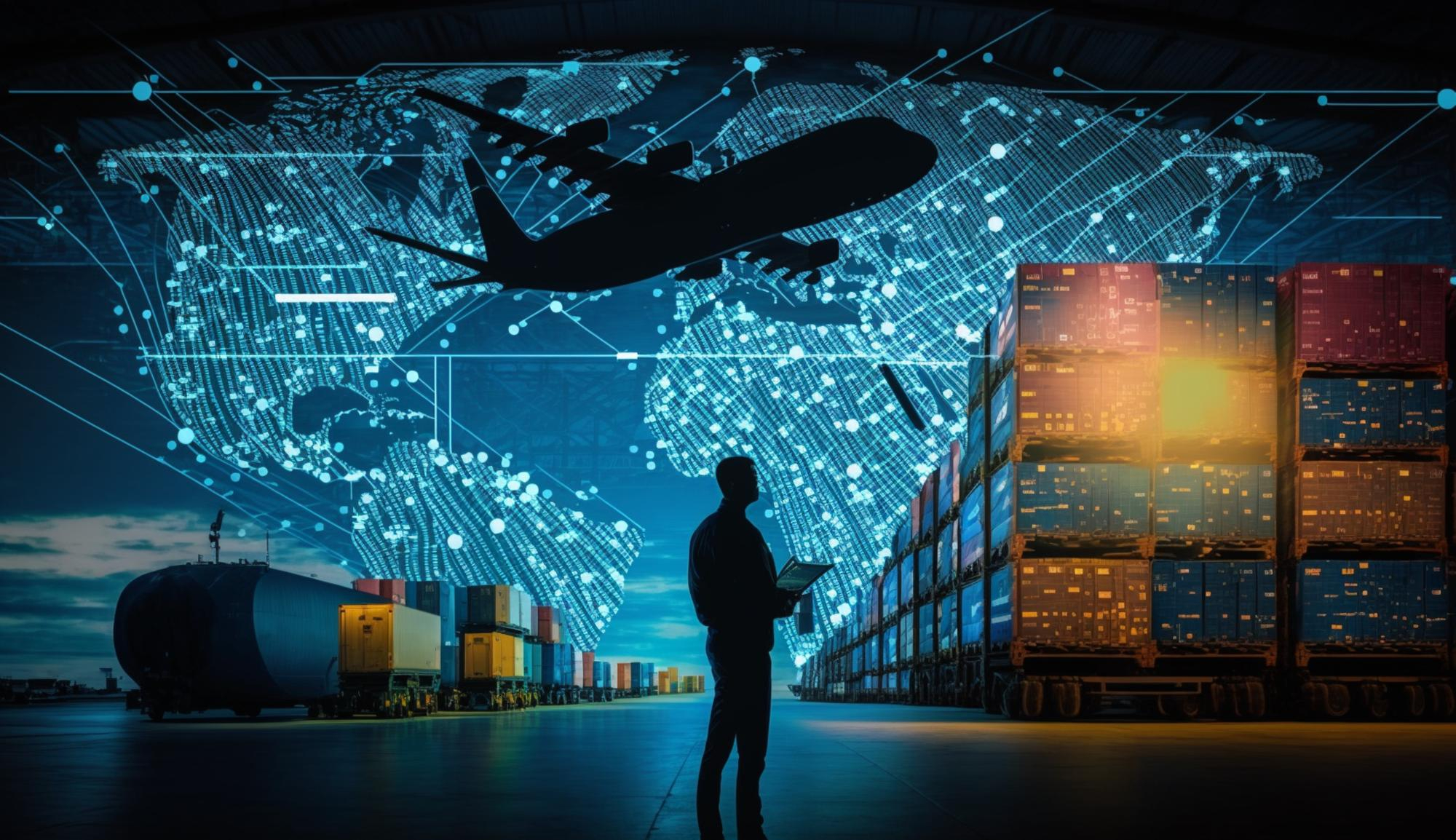Are You Ready for an Effective Logistics Strategy in 2025?
As we move further into 2025, many sectors within the logistics industry are struggling to keep pace with evolving strategies, automation advancements, and cybersecurity imperatives. While innovation is driving unprecedented efficiency, companies without a comprehensive strategy—one that prioritizes both productivity and security—risk falling behind.
To stay competitive and secure, here are some of the major trends shaping the logistics industry this year:
1. Supply Chain Resilience & Flexibility
In an era of geopolitical tensions, supply chain disruptions, and unexpected crises, agility is key. Businesses must adopt flexible models, diversify supply sources, and implement contingency plans to mitigate risks and maintain operational continuity.
2. Reshoring & Nearshoring
Global instability has accelerated reshoring and nearshoring efforts. Many businesses are moving manufacturing operations closer to home, reducing dependency on unpredictable foreign markets while improving supply chain agility and cutting transportation costs.
- Reshoring: Bringing production back to the company’s home country.
- Nearshoring: Relocating operations to neighboring regions for improved efficiency.
This shift is not just about cost savings—it’s about stability and control in an unpredictable global environment.
3. Sustainability in Logistics
With growing pressure to reduce carbon footprints, sustainability is a top priority. Companies are exploring alternative fuels, electric vehicles, and route optimization to enhance efficiency while meeting stricter environmental regulations.
Sustainability is no longer optional—it’s a competitive advantage and an expectation from consumers.
4. Workforce Shortages & Digital Transformation
The logistics sector continues to face workforce shortages, making upskilling and reskilling programs essential. Digitalization and automation can’t replace human intelligence, but investing in tech-savvy teams will be critical in navigating future challenges.
Companies that embrace automation, AI-driven logistics, and smart supply chain management will have a decisive edge in efficiency and resilience.
5. Last Mile Logistics & E-Commerce Boom
The post-pandemic surge in e-commerce has made last-mile logistics more crucial than ever. Consumers demand faster deliveries, and companies are racing to deploy micro-fulfillment centers, drones, and autonomous vehicles to meet expectations.
With last-mile delivery being the most expensive and complex part of the supply chain, businesses must invest in smarter logistics solutions to optimize costs and efficiency.
6. Cybersecurity: The Missing Link in Logistics
While businesses focus on efficiency, automation, and cost reduction, cybersecurity is often overlooked. A single cyberattack can cripple supply chain operations, leading to financial and reputational damage.
🔹 Incident Response Planning & Testing should be a top priority for logistics businesses.
🔹 Securing OT & IIoT infrastructure is crucial as more devices connect to the supply chain.
🔹 Cloud security & data protection must be integrated into logistics operations.
Final Thoughts: Future-Proof Your Logistics Strategy
Adopting emerging technologies and automation is essential, but without a strong cybersecurity framework, businesses risk disruption. As competition intensifies, logistics leaders must balance efficiency with security to ensure resilient, future-ready operations.
Don’t let security be an afterthought in your 2025 strategy. Saturn Partners can help you implement robust cybersecurity measures to safeguard your logistics operations. Contact us today!

